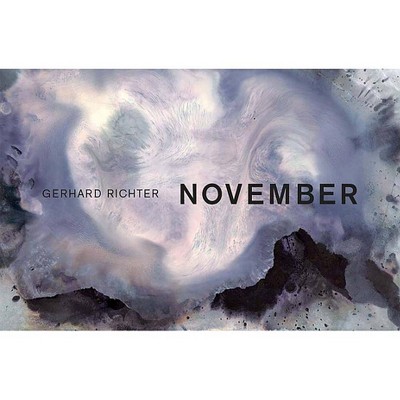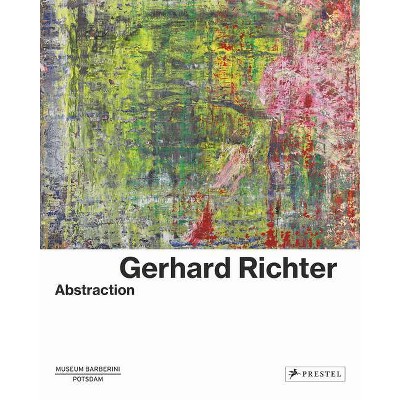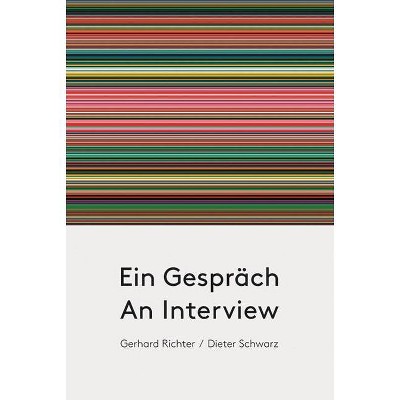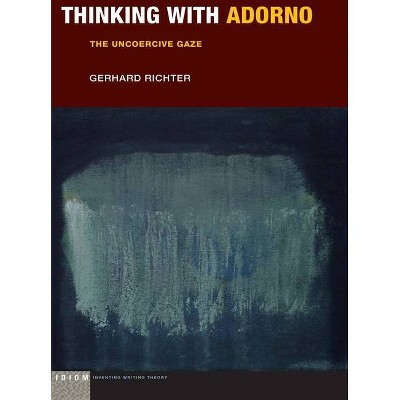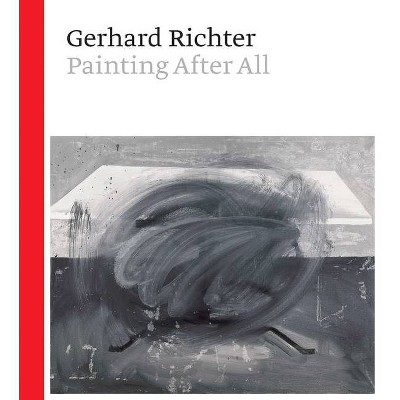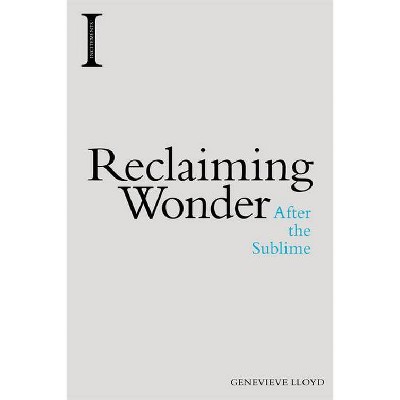Uncontainable Legacies - (Incitements) by Gerhard Richter (Paperback)
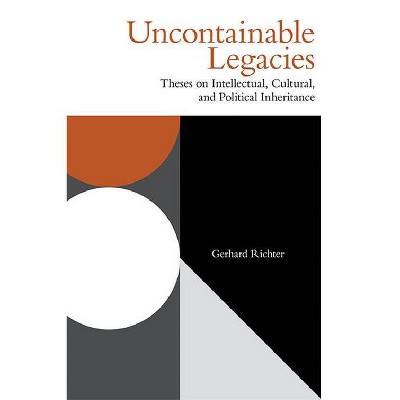
Similar Products
Products of same category from the store
AllProduct info
<p/><br></br><p><b> About the Book </b></p></br></br>In a series of evocatively titled theses, including 'Wrinkles', 'Inheriting a Feeling', 'Weight of the World' and 'Making Treasures Speak', Gerhard Richter engages the quintessentially human dilemma of how to receive an intellectual, cultural or political inheritance.<p/><br></br><p><b> Book Synopsis </b></p></br></br><p>In a series of evocatively titled theses, including 'Wrinkles', 'Inheriting a Feeling', 'Weight of the World' and 'Making Treasures Speak', Gerhard Richter engages the quintessentially human dilemma of how to receive an intellectual, cultural or political inheritance. In dialogue with philosophers including Heraclitus, Arendt and Derrida; writers such as Montaigne, Hölderlin, Kafka and Knausgaard; artists such as Michelangelo, Picasso, Anselm Kiefer and Art Spiegelman; filmmakers such as Jean-Marie Straub; scholars and scientists Freud and Einstein; and pop-cultural phenomena the rock band The Who and the Broadway play The Inheritance, Richter contemplates the problem of interpreting an inheritance that resists full transparency. Richter argues that inheriting is not the same as yearning for a former presence or nostalgically striving to preserve an identity. At once philosophical and poetic, his aphoristic theses illuminate how the constantly shifting nature of our relationship to what we inherit from others makes us who we are.</p><p/><br></br><p><b> From the Back Cover </b></p></br></br>'"Legacy", "inheritance", "heritage" inspiring words. Yet Greek tragedy showed that inheritance is often misunderstood, and that, once understood, it destroys the inheritors. One may inherit contaminants that cannot be contained. Richter's Uncontainable Legacies meditates relentlessly on the ways legacies, in our politics, culture and personal lives, spur us to think.' David Farrell Krell, DePaul University 'Uncontainable Legacies is not simply a learned book on a topic of general interest. Rather the masterful elaborations on what inheritance consists of concern first of all the humanities, and in particular the humanities today, and in that sense, this book is a highly significant political intervention.' Rodolphe Gasché, University at Buffalo, State University of New York How do our ceaseless conversations with what has passed and with those who have passed something on to us propel us into a precarious future? In a series of evocatively titled theses, including 'Wrinkles', 'Inheriting a Feeling', 'Weight of the World' and 'Making Treasures Speak', Gerhard Richter engages the quintessentially human dilemma of how to receive an intellectual, cultural or political inheritance. In dialogue with philosophers including Heraclitus, Arendt and Derrida; writers such as Montaigne, Hölderlin, Kafka and Knausgaard; artists such as Michelangelo, Picasso, Anselm Kiefer and Art Spiegelman; filmmakers such as Jean-Marie Straub; scholars and scientists Freud and Einstein; and pop-cultural phenomena the rock band The Who and the Broadway play The Inheritance, Richter contemplates the problem of interpreting an inheritance that resists full transparency. Richter argues that inheriting is not the same as yearning for a former presence or nostalgically striving to preserve an identity. At once philosophical and poetic, his aphoristic theses illuminate how the constantly shifting nature of our relationship to what we inherit from others makes us who we are. Gerhard Richter is University Professor of Comparative Literature and German Studies at Brown University. He is the author or editor of fifteen previous books in European critical thought.<p/><br></br><p><b> About the Author </b></p></br></br><p>Gerhard Richter is University Professor of Comparative Literature and German Studies at Brown University. In 2020, Brown honoured Richter with the title 'University Professor', which recognizes distinguished senior faculty whose accomplishments and influence transcend traditional disciplinary boundaries. Richter was educated in Germany and the United States, earning his Ph.D. at Princeton University in 1996. He publishes in English and German and his work has been translated into Spanish, Portuguese, and Russian. Richter has published eight single-authored books, seven edited books, and over 70 journal articles and book chapters across a wide range of European critical thought. His books include <i>Thinking with Adorno: The Uncoercive Gaze</i> (Fordham University Press, 2019); <i>Ästhetische Eigenzeiten und die Zeit des Bewahrens. Heidegger mit Arendt, Derrida und Kafka</i> (Wehrhahn, 2019); <i>Inheriting Walter Benjamin</i> (Bloomsbury, 2016); <i>Verwaiste Hinterlassenschaften. Formen gespentischen Erbens</i> (Matthes & Seitz, 2016) and <i>Afterness: Figures of Following in Modern Thought and Aesthetics</i> (Columbia University Press, 2011).<p>
Price History
Cheapest price in the interval: 24.95 on November 8, 2021
Most expensive price in the interval: 24.95 on December 20, 2021
Price Archive shows prices from various stores, lets you see history and find the cheapest. There is no actual sale on the website. For all support, inquiry and suggestion messages communication@pricearchive.us
